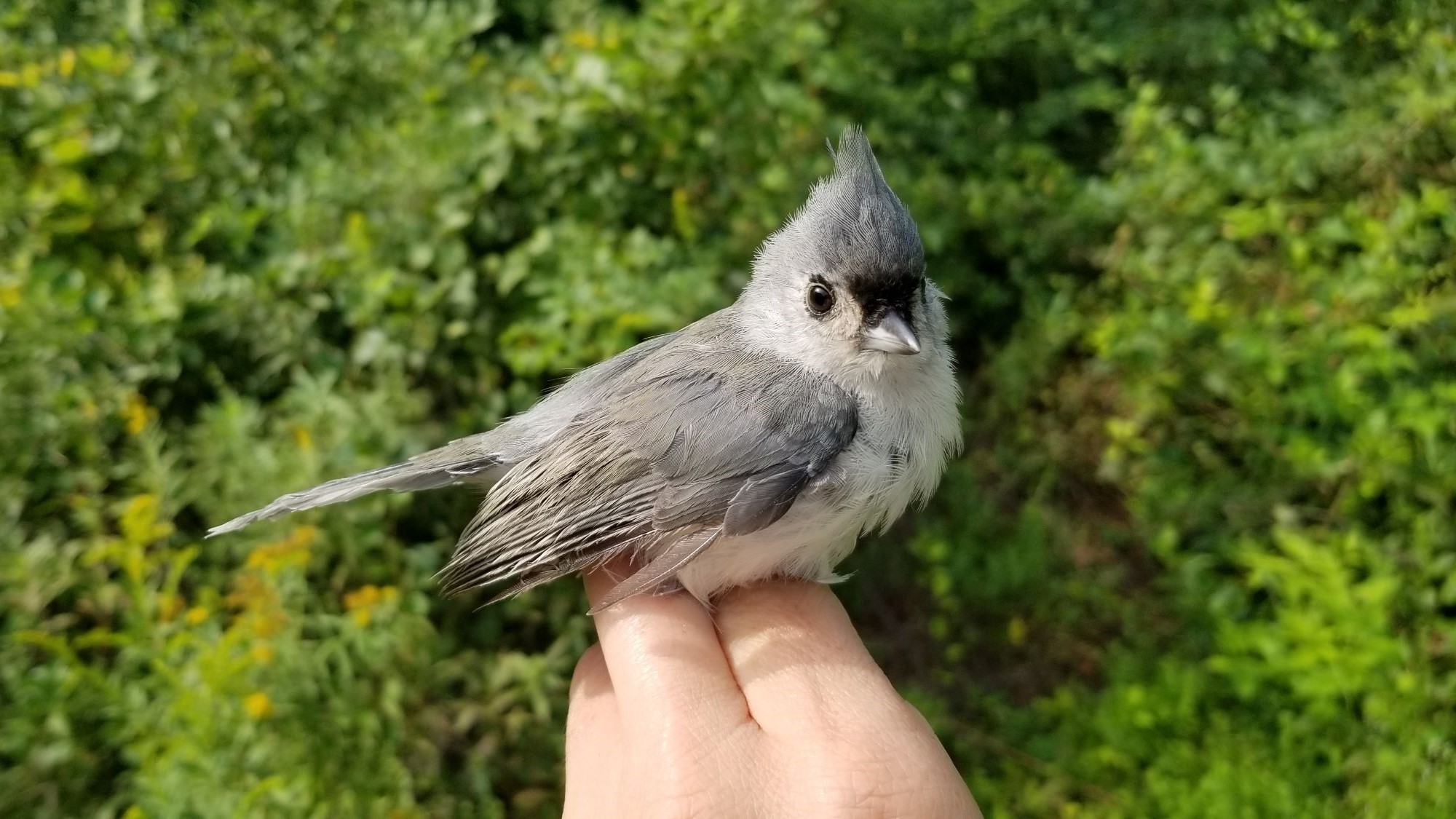

What does it mean to be intelligent? If it’s defined by having the biggest brain, then sperm whales—whose noggins are a hefty 20 pounds—would be the brightest creatures on Earth. But, more likely, it’s how a brain is wired. Viewed in this way, intelligence is what gives an organism the best chance to survive and thrive in an environment. Language may be one of the best ways to demonstrate that kind of smarts.
Though all animals can communicate with others, humans are one of the few species to have a spoken language. Using speech, we could share complex ideas, pass knowledge through generations, and create communities. Whether spoken language actually helped us evolve as species into more advanced beings, however, has never really been tested.
“Language allowing humans to be a more advanced species is an assumption that somebody came up with one day without really trying [to prove] it,” says Erich Jarvis, a professor at Rockefeller University who studies the neurobiology of vocal learning. The idea stuck around, but so have other common beliefs that are not really supported with evidence—like the myth that we only use 10 percent of our brains at any point in time, he points out.
But Jarvis and his colleagues were able to examine this hypothesis with the help of songbirds. Jarvis’ new study, published today in Science, provides some of the first evidence that vocal learning—one of the crucial components for a spoken language—is associated with problem-solving. Vocal learning is the ability to produce new sounds by imitating others, relying on experience rather than instinct. Birds who could do this and solve problems had bigger brain sizes, the research team found.
“Learning new sequences of sounds helps to successfully communicate with others and is often useful when you’re going to meet new members of your species that you haven’t met before,” explains Michael Goldstein, a professor of psychology at Cornell University who studies vocal learning in songbirds and humans but was not involved in the study. Vocal learning is most prominent in human infants who, in their first year of life, learn to break up the continuous speech they hear from adults into individual units of sound. Over time, the mimicry of sounds helps babies piece together words and eventually lets them build sentences, Goldstein says.

To get a better grasp of vocal learning and cognition, the study authors turned to songbirds. The majority of species in this avian suborder possess the vocal learning ability. They thrive on every continent except Antarctica. “Of all the bird species in the world, songbirds make up half that number,” explains Jarvis. “It seems like once vocal learning evolved, there was a lot of speciation and diversity.”
The team performed seven cognitive experiments on 214 songbirds from 23 different species. Of these, 21 species were caught from the wild in New York. Two songbirds studied, zebra finches and canaries, are domesticated. The behavioral tests examined the birds’ problem solving, for instance by figuring out how to remove an object to access the food reward. The researchers also gauged two other skills often associated with intelligence: learning by association, plus what’s called reversal learning, in which an animal adjusts its behavior to get a reward.. They then looked at whether being vocal learners helped develop the three skills, comparing 21 bird species to two others, which were vocal non-learners (these birds learned sounds only during a brief developmental period).
[Related: What does brain size have to do with intelligence?]
The biologists noticed a strong relationship between vocal learning and problem-solving skills. Vocal learning bird species could come up with innovative ideas, such as getting seeds or a worm trapped under a cup by removing the obstacle, piercing it, or pulling it apart. “It’s pretty surprising that these two skills are related to intelligence but not the other traits we measured,” explains Jean-Nicolas Audet, an ecologist and neurobiologist at Rockefeller University who served as the lead study author. All three abilities—problem solving, associative learning, and reversal learning—are typically considered “components of intelligence,” he says.
This doesn’t mean that the two bird species who were not vocal learners were stupid. Instead, it shows they did not evolve this one particular form of intelligence. “We have to be careful and very specific when we talk about intelligence because it really depends on which traits we are talking about,” Audet explains.
[Related: Wild birds don’t need your backyard feeders to survive]
Brain size was another benefit to vocal learning that may have supported these problem-solving abilities. The 21 vocal-learning species had slightly larger brains, relative to their body size, than the two who weren’t. Jarvis says it’s possible these big-noggined birds packed more neurons. Or perhaps they evolved to have larger skull space, which gave rise to extra circuits for more advanced vocal learning and problem-solving skills. “This suggests to me that there’s something special about problem solving,” he says. “Like spoken language, it made some species more advanced than others.”
One question left unanswered is why there’s such a strong relationship between problem-solving abilities and vocal learning. The brain areas in charge of vocal learning are not the same ones that get activated when we need to troubleshoot an issue, says Audet. The next step for this team is to take a deeper look into the brains of songbirds and figure out what genes or other brain regions connect these two areas. Some bridge yet undiscovered helps form this type of intelligence.
